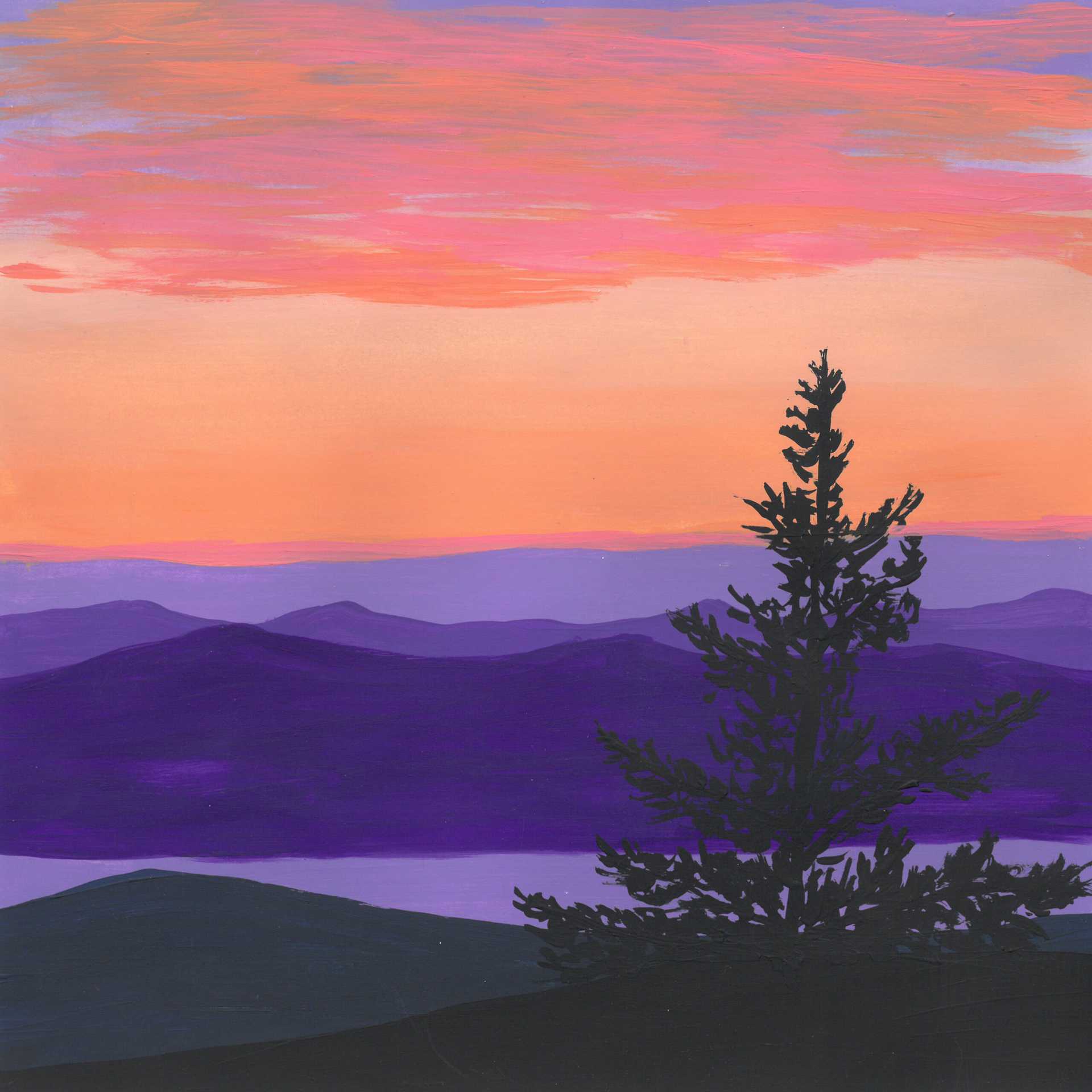
Dusk in the Rainforest
The sounds of nature and wildlife as night descends on to the highlands of Papua New Guinea.
Nightfall happens quickly the closer you are to the Equator, and in Papua New Guinea’s highlands that is compounded by the steep mountains that surround you everywhere. You might be out for a walk in relative bright daylight, spending a few minutes examining a weird insect or looking for a frog in the undergrowth. The next thing you know is you need to find your torch, otherwise you can’t see much anymore and you risk walking off a cliff in the pitch dark.
The soundscape changes rapidly too. It only takes a few minutes for the sparse sounds of daytime to fade away, and for the harsher and more repetitive calls of the night to replace them. This transition is marked, as in many parts of Asia, by a certain cicada that calls around dusk time for a few minutes and then takes a long break from calling until the following evening. Other sounds that mark this moment include boobooks and owls, nighttime birds that prefer crepuscular moments to advertise their territories.
Once daylight has completely faded, the cloud forests become more mysterious and menacing. This is not a good time to go out and explore. I prefer to be arriving at base around this time, ready to make a cup of tea and to start the slow process of drying my clothes and body. It is then time to sit around the campfire and to enjoy the sounds of the night without being too exposed to wildlife (maybe with the exception of the rats and ants in the room, but the rats might be marsupial and the ants are like family by now anyway).
